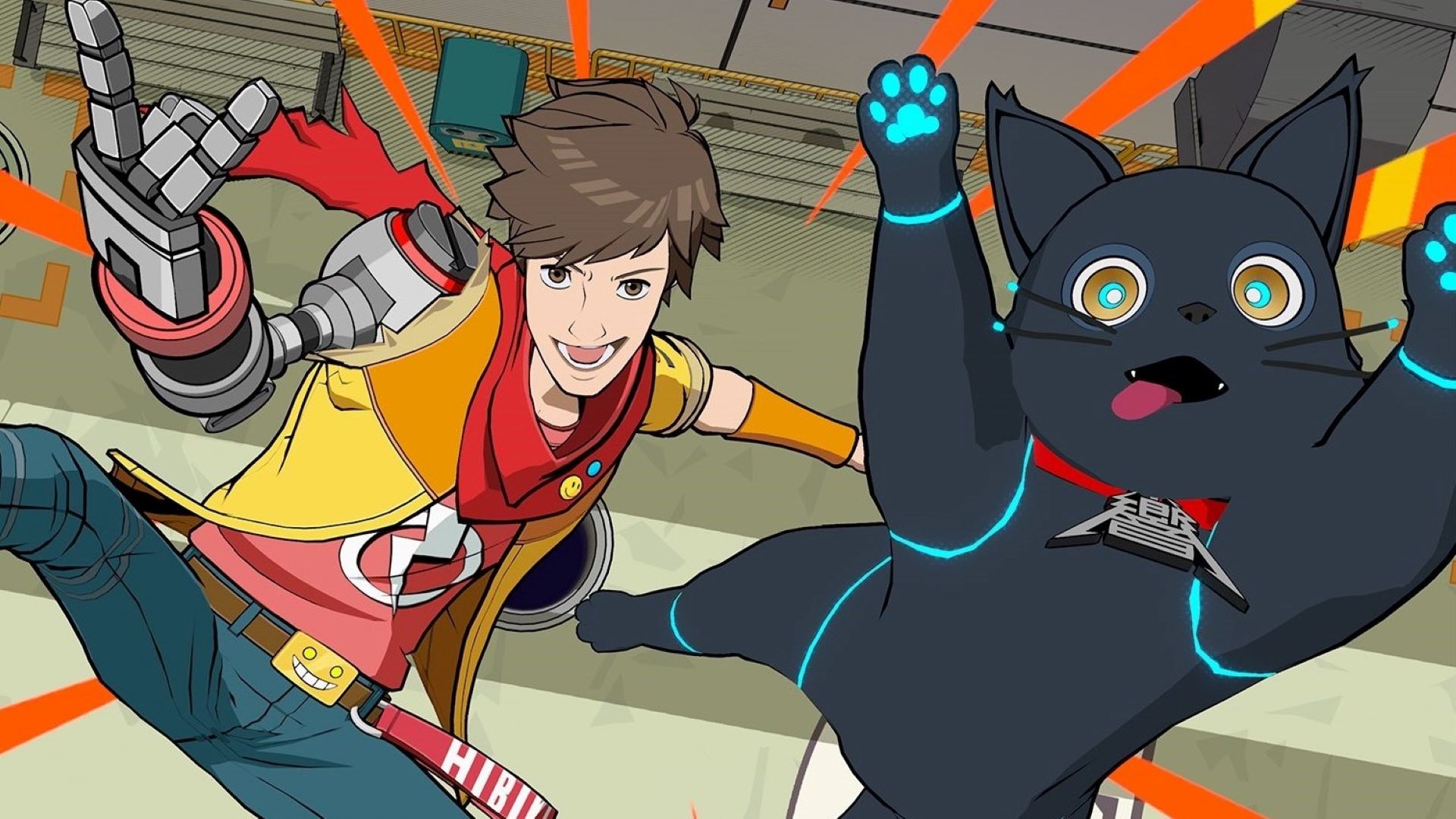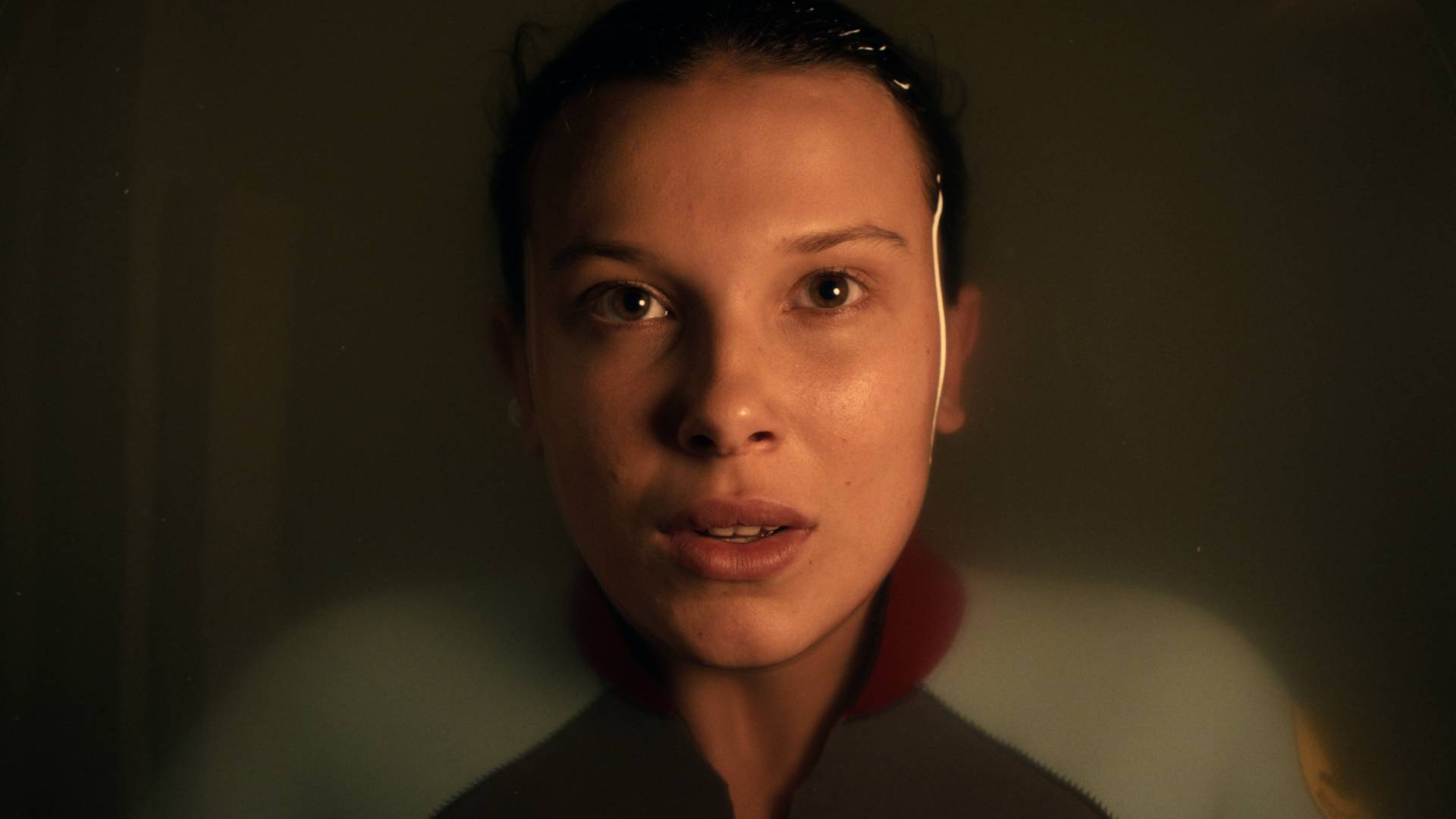PUBG studio doesn't think Hi-Fi Rush 2 will "make us money," but that's not why they saved Tango Gameworks: "The big hit shouldn't be your goal"
Krafton bought the former Xbox/Bethesda studio to "maintain their legacy"

PUBG's studio reckons a Hi-Fi Rush sequel might not make the company buckets of cash, but the team wasn't saved from a shutdown to be a money-printer anyway.
Tango Gameworks' closure was a shocking headline earlier this year when Microsoft shut down multiple studios, including the beloved team behind Hi-Fi Rush, right after it had proclaimed the rhythm spectacle fighter a success. That's when PUBG and Calisto Protocol maker Krafton acquired the subsidiary, alongside the rights to the Hi-Fi Rush franchise.
Speaking to Game Developer, Krafton CEO Changhan 'CH' Kim explained that saving Tango Gameworks from near-death wasn't a money-making scheme because he's actually not even sure if some of the studio's previous games have made back their budget. "Did it add a lot of money to Microsoft? That might not be the case," Changhan says. "I'm not saying I know how much they made - this is just my guess."
Krafton's deal with Microsoft isn't finalized yet, but the PUBG powerhouse hasn't been shy about its plans for an inevitable sequel. "We can't acquire Tango Gameworks based on their financials or their numbers, right? We don't think Hi-Fi Rush 2 is going to make us money, to be frank," Changhan continues.
The publisher's president says that they instead scooped up the studio and at least 50 original developers because they "saw many creatives worth pursuing" and "wanted to maintain their legacy."
And who knows? Maybe it'll work out in the future since Changhan explains that diversifying the company's line-up of upcoming games "is actually a way to mitigate risk, because one of them might work out." Not to mention that Uncharted, Assassin's Creed, and Animal Crossing, to name a few, weren't hugely popular until their sequels really broke through. Even Zelda is still reaching new peaks of popularity after almost four decades on store shelves, so that door's not closed for Hi-Fi either. "The big hit shouldn't be your goal. If you think about it that way, Hi-Fi Rush might have brought in a little bit of a minus in terms of the financials, but it's a team that should be encouraged to create something new and continue their journey."
What still stood out to us about Hi-Fi Rush wasn’t the bombastic music, but the quiet anger.
Weekly digests, tales from the communities you love, and more
Kaan freelances for various websites including Rock Paper Shotgun, Eurogamer, and this one, Gamesradar. He particularly enjoys writing about spooky indies, throwback RPGs, and anything that's vaguely silly. Also has an English Literature and Film Studies degree that he'll soon forget.


